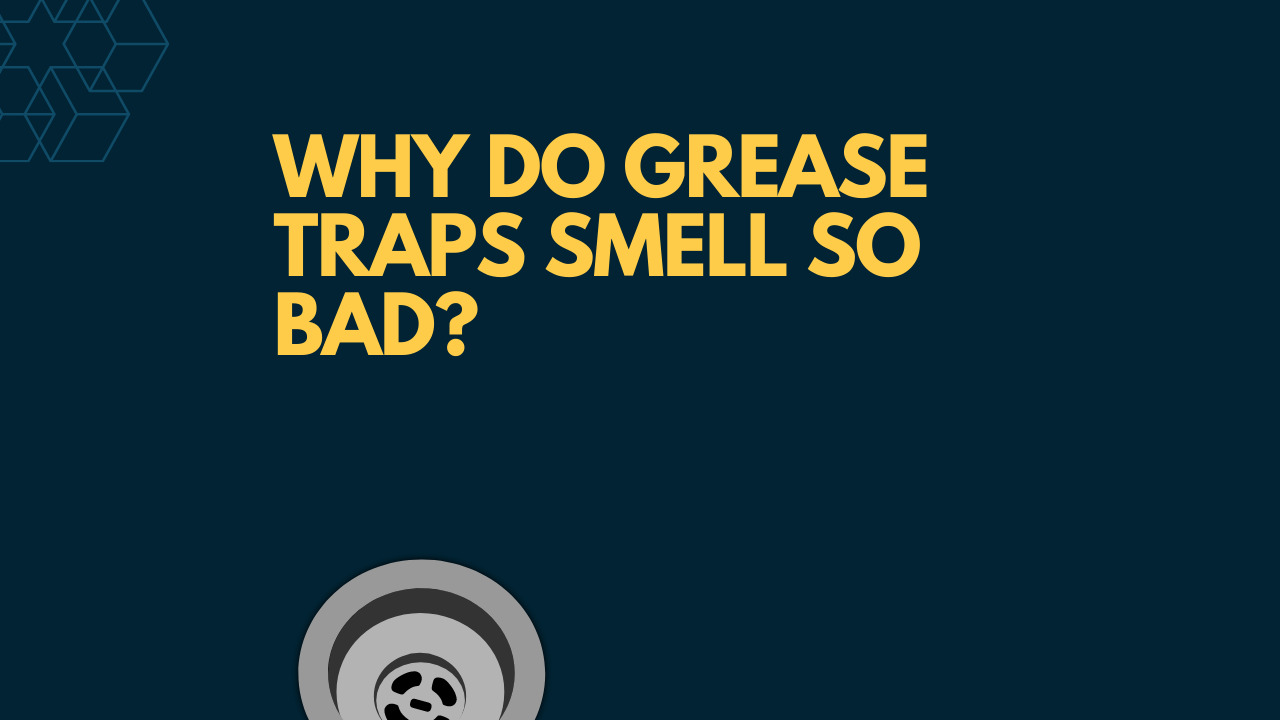Why do grease traps smell so bad?
A grease trap can smell bad due to the buildup of fats, oils, and grease (FOG) that can accumulate in the trap over time.
How to fix a stinking trap
Use a scoop or a bucket to remove any standing water from the trap. This will allow you to access the grease and other debris…
Useful Info with FAQs
While a grease trap separates the FOG from the wastewater, some food particles and organic solids…
Why do grease traps smell so bad?
A grease trap can smell bad due to the buildup of fats, oils, and grease (FOG) that can accumulate in the trap over time. This buildup can create an environment where anaerobic bacteria thrive, which produces foul-smelling gases such as hydrogen sulfide and other volatile organic compounds (VOCs).
Additionally, food particles and debris that get trapped in the grease can rot and decompose, adding to the unpleasant odor. If grease traps are not properly maintained and cleaned regularly, the odor can become worse.
It’s important to note that the primary function of a grease trap is to capture and contain FOG, so it’s natural that unpleasant smells can develop over time. Regular cleaning and maintenance of grease traps are necessary to keep them functioning properly and reduce odors. Professional cleaning and maintenance services can help ensure that grease traps are properly cleaned and maintained to minimize odors and other issues.
How to fix a stinking trap?
Here are some steps to fix a stinking grease trap:
- Remove any standing water from the trap: Use a scoop or a bucket to remove any standing water from the trap. This will allow you to access the grease and other debris that may be causing the odor.
- Scrape out the solid waste: Use a long-handled scraper to remove any solid waste, such as food particles or other debris, from the trap. Be sure to dispose of the waste properly.
- Clean the trap: Use hot water and a degreaser to clean the trap thoroughly. You may also want to use a scrub brush or pressure washer to help loosen and remove any built-up grease or debris.
- Check the trap’s baffles: The baffles inside the trap are designed to help separate grease from water, so it’s important to ensure they are clean and functioning properly. If the baffles are damaged or worn, they may need to be replaced.
- Consider using a bacterial additive: A bacterial additive can help break down grease and other organic matter, which can reduce the likelihood of odors developing in the trap. However, it’s important to choose a bacterial additive that is safe for your particular type of grease trap and to follow the manufacturer’s instructions.
- Schedule regular maintenance: To prevent odors from developing in the future, it’s important to schedule regular maintenance and cleaning of the grease trap. A professional grease trap cleaning service can help ensure that your trap is cleaned and maintained properly.
Useful Info with FAQs
FAQs – Why do grease traps smell so bad?
Grease traps can stink due to the buildup of decomposing food particles and grease, which produces foul-smelling gases.
To prevent foul odors in a grease trap, it’s important to schedule regular maintenance and cleaning, remove standing water and solid waste, clean the trap thoroughly. A professional grease trap cleaning service can help ensure that your trap is cleaned and maintained properly.
To keep a grease trap fresh, one can remove solid waste regularly, use a bacterial additive to break down grease and other organic matter, clean the trap thoroughly with hot water and degreaser, check the trap’s baffles, and schedule regular maintenance and cleaning by a professional service.












